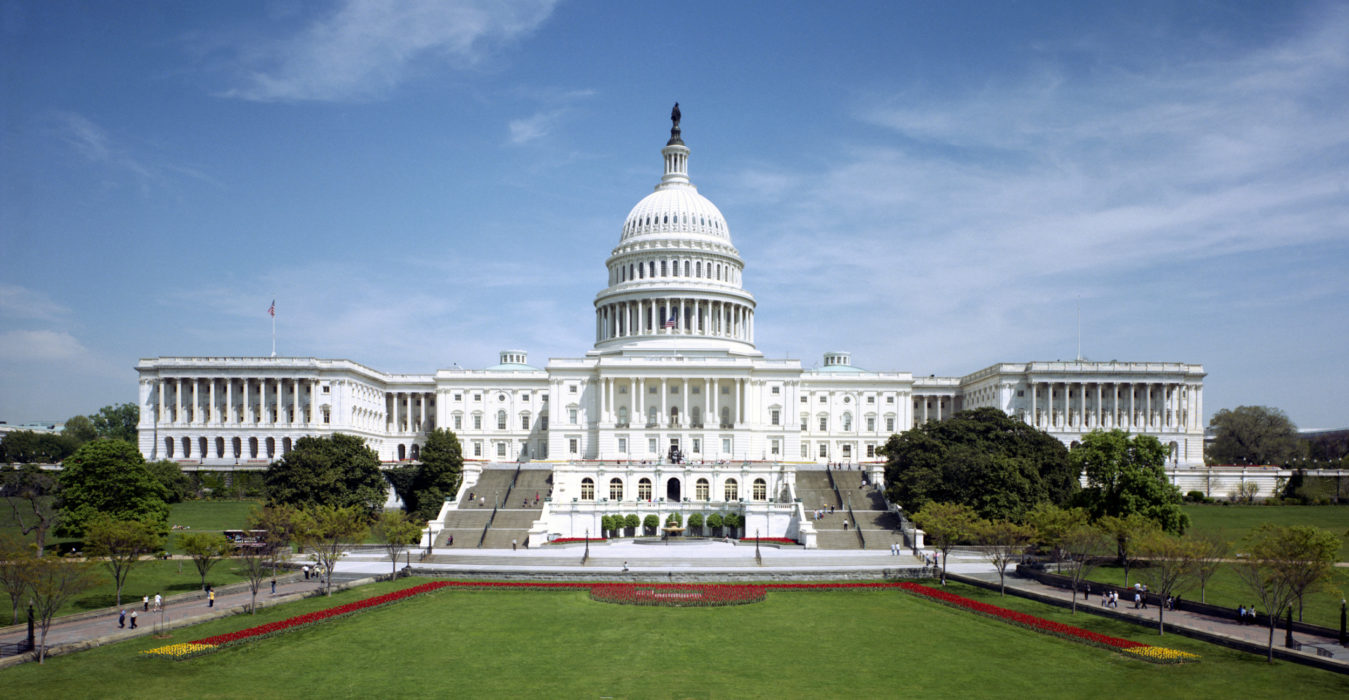
Article courtesy NSBA
On Tuesday, Nov. 15, NSBA announced the filing of a constitutional challenge to the Corporate Transparency Act of 2019, which requires small business owners to undergo a duplicative and burdensome paperwork process.
The Corporate Transparency Act (CTA) was signed into law Dec. 2020 and is set to go into effect in a matter of months. This law will require ONLY certain businesses with fewer than 20 employees to disclose beneficial owners’ information to the Department of Treasury’s Financial Crimes Enforcement Network (FinCEN).
While NSBA supports the goal of stemming money laundering, this law is not just bad policy, it is unconstitutional. Failure of a small business to comply—intentional or not—could result in up to $10,000 in fines and up to two years in prison.
Furthermore, the information is already being collected and would simply require collaboration between FinCEN and the IRS.
The CTA is yet another example of someone who should be doing the work, shirking their responsibility, and dumping the problem at the feet of small business.
What is the law being challenged?
The Corporate Transparency Act (CTA), which would create a national registry of owners of small businesses and millions of other entities formed under State laws. This law was passed by Congress in 2021 as part of the National Defense Authorization Act (NDAA).
What does the Corporate Transparency Act do?
The CTA significantly changes the requirements of who is responsible for providing personal information to the federal government ostensibly to combat money laundering. The law requires small businesses to provide information to the federal government, specifically the U.S. Department of Treasury’s financial-intelligence unit–Financial Crimes Enforcement Network (FinCEN), for each “beneficial owner” defined vaguely as any individual with “substantial control” or “applicant” for a corporation or entity formed under State laws.
What are the issues surrounding CTA for small businesses?
The CTA will create a cumbersome reporting process for small businesses that are rarely equipped with compliance teams or staff attorneys. This was previously handled effectively by the banks, under Customer Due Diligence (CDD) rules, when small businesses opened or maintained their bank accounts.
Who is required to file? Who is a beneficial owner?
Generally, anyone who owns or has a 25 percent or greater interest in a small business with fewer than 20 full-time employees or less than $ 5 million in gross receipts or sales in the prior tax year (or any entity that is not specifically exempted) or otherwise exercises “substantial control” over the business. This would include a business’s owners and major investors.
SBAM will continue to update members on this critical topic as the issue progresses.